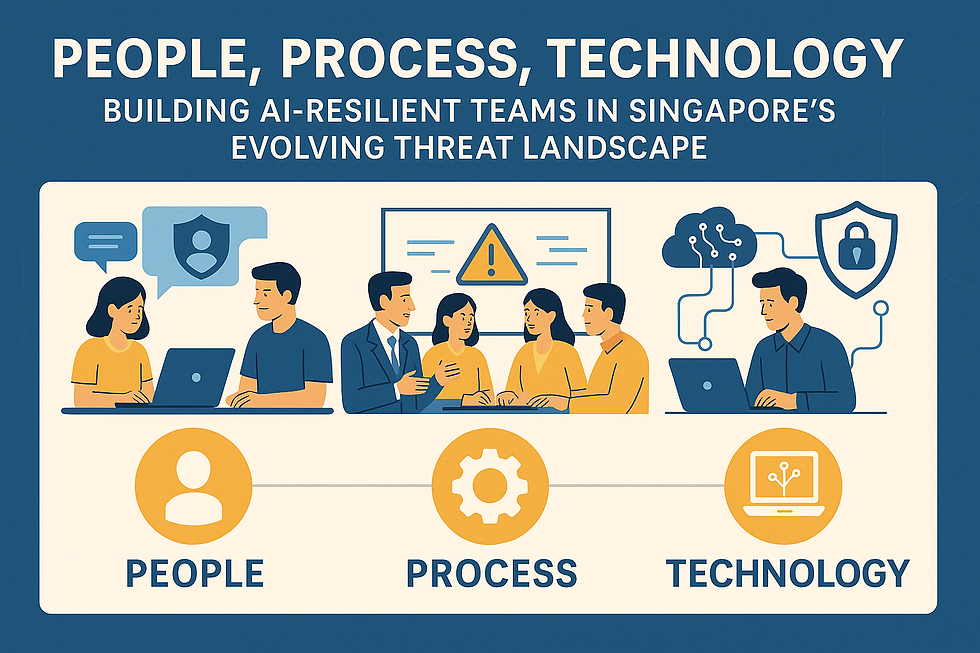Shielding Your Business: Cybersecurity for Asia's Growth
- MZT

- Jul 1, 2024
- 2 min read
Updated: Jul 3, 2024
The cybersecurity landscape in Asia continues to be a cause for concern. Here's a breakdown of some key trends observed in the past month:

Surge in APAC Cyberattacks: The Asia Pacific (APAC) region has witnessed a significant rise in cyberattacks compared to global averages. Factors like rapid digital adoption and a growing pool of internet users make the region a prime target for cybercriminals. (https://www.weforum.org/agenda/2023/06/asia-pacific-region-the-new-ground-zero-cybercrime/)
Focus on Manufacturing & Critical Infrastructure: Cyberattacks are increasingly targeting manufacturing sectors across Asia, with a potential impact on supply chains. Additionally, critical infrastructure like power grids and transportation systems are also vulnerable. (https://www.statista.com/topics/11226/cybersecurity-and-cybercrime-in-the-asia-pacific-region/)
Data Breaches & Insider Threats: Recent data breaches have exposed sensitive information from companies in Asia. Insider threats, where a trusted employee acts maliciously, pose another concern.
Shortage of Cybersecurity Experts: The rapid growth of the digital economy in Asia is not matched by a sufficient pool of cybersecurity professionals. This skills gap makes it harder for companies to effectively defend themselves. (https://www.ptsecurity.com/ww-en/)
Here are some resources for further information:
APCERT (Asia Pacific Computer Emergency Response Team): https://www.apcert.org/
Singapore Cybersecurity Agency (CSA): https://www.csa.gov.sg/
Report it here SCERT: https://www.csa.gov.sg/cyber-aid
Global Scams with Asian Examples (Last 30 Days - June 2024)
Scammers are constantly adapting their tactics, and Asia is no exception.
Pig Butchering Scams: This elaborate online romance scam, often targeting users in Southeast Asia, involves building trust with the victim and then manipulating them into investing in fake cryptocurrency platforms. (https://www.usatoday.com/story/money/2023/12/15/80-million-dollar-crypto-scam-indictment/71929636007/)
Fake Government Calls: Scammers impersonate government officials to trick victims into revealing personal information or sending money. This tactic has been reported in several Asian countries.
Social Media Scams: Social media platforms in Asia are a breeding ground for scams. These can involve fake job postings, investment opportunities, or online shopping scams.
Evolving Payment Methods: As digital payments gain traction in Asia, so do scams targeting these platforms. Be cautious when making online transactions and only use trusted providers.

Here are some resources to stay informed about scams:
ASEAN (Association of Southeast Asian Nations) - Consumer Protection Working Group: https://www.aseanconsumer.org/
GovTech Singapore - Anti-Scam Resources: https://www.channelnewsasia.com/singapore/scams-spf-govtech-technology-4144416
By staying informed and implementing robust security measures, businesses and individuals in Asia can minimize the risks associated with cyber threats and scams.



Comments